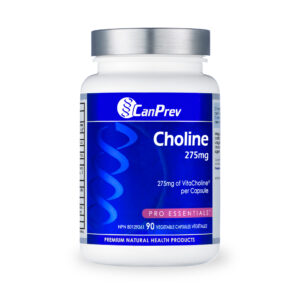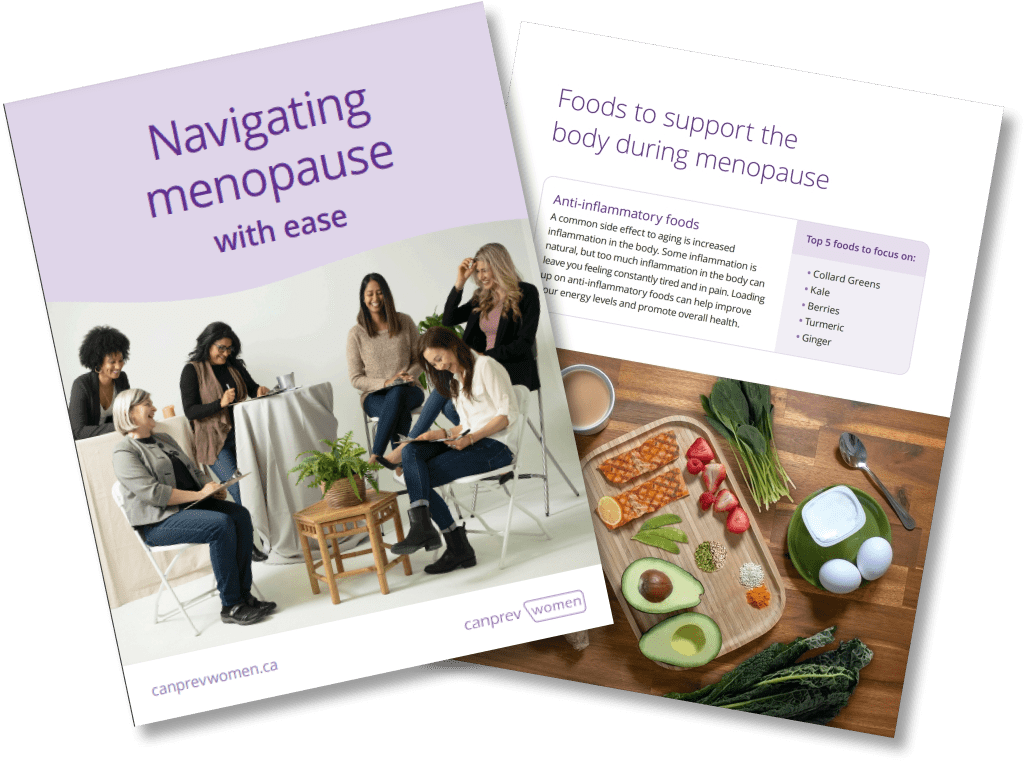When you think about essential nutrients during pregnancy, folic acid, iron and calcium probably come to mind. But there’s one important nutrient that doesn’t always get the attention it deserves: choline.
Current research highlights just how important choline is during pregnancy. From supporting the baby’s growing brain to helping the mother’s liver adapt to pregnancy, choline is doing a lot behind the scenes — and many people aren’t getting enough. Let’s explore what choline is, why it matters during pregnancy, and how to make sure you’re getting enough.
What is choline?
Why hasn’t choline received more attention? Part of the reason is that the body produces small amounts of it on its own, which can make it seem less urgent than nutrients we know we need to get from food or supplements. It also wasn’t classified as an essential nutrient until 1998 — relatively late compared to nutrients like folic acid or iron — and its benefits weren’t as immediately dramatic. As a result, choline has not yet been emphasized in Canadian prenatal guidelines the same way.
While the body can synthesize small amounts of choline on its own, it is still classified as an essential nutrient that must be obtained from food or supplementation. This nutrient plays several critical roles in the body and is often grouped with B vitamins due to its similar role in metabolism and nervous system function. Choline is vital for building and maintaining cell membranes, including liver cells, and it helps prevent fat accumulation in the liver — which is especially important during pregnancy. Additionally, choline helps produce acetylcholine, a neurotransmitter crucial for brain and nerve function, and supports processes like memory, mood regulation and muscle control.
How choline supports liver health
During pregnancy, your liver works harder to process nutrients, balance hormones and clear waste. Choline helps manage this extra workload by supporting fat metabolism and maintaining the structure of liver cells through its role in producing phosphatidylcholine, a key component of cell membranes. When your liver is supported, you’re more likely to feel balanced and energized.
Choline and fetal brain development
Choline is essential for fetal brain development, especially during pregnancy. It helps form brain cells and supports communication between them by producing acetylcholine, a neurotransmitter vital for brain function. Getting enough choline during pregnancy, particularly in the early stages, can boost your baby’s cognitive function, with research showing it can even improve memory and brain health later in life. Proper choline levels are key to supporting your baby’s brain health and development.
How much choline do you need?
Although the body does produce a small amount of choline, it’s not always enough to meet daily needs, especially during pregnancy. Pregnant women require about 450 mg of choline per day (and 550 mg per day while lactating), but many may not be getting enough — particularly those on plant-based or dairy-free diets. If you’re unsure whether you’re hitting your choline target, it’s worth checking in with a healthcare practitioner to see if you need to adjust your diet or consider supplements. Let’s explore other ways to get choline on the menu.
Foods with choline
Choline is found in many foods, so it’s possible to get plenty from your diet. Animal-based foods tend to be the most concentrated sources, with the highest amounts found in organ meats, beef, chicken and turkey. If you eat little or no meat, there are still other options — but you may need to be more intentional with your intake. Check out these high-choline foods to help you meet your needs:
- Beef liver: 356 mg in 3 ounces
- Eggs (especially yolks): 147 mg per egg
- Black beans: 129 mg per cup
- Dry roasted peanuts: 47 mg in half a cup
- Potatoes: 45 mg in 1 whole russet
- Quinoa: 43 mg per cup
While these are excellent sources, relying on diet alone can be challenging — especially with pregnancy-related food aversions, dietary restrictions or plant-based lifestyles.
For those looking to bridge the gap or concerned about intake, a dedicated choline supplement can offer peace of mind and reliable support.
Supplementing for optimal intake
CanPrev Choline 275mg provides 275 mg of VitaCholine® — a premium, highly bioavailable form of choline that dissolves and absorbs quickly in the digestive system. Each capsule offers a convenient, consistent way to support your daily intake. This formula is:
- Vegan, Non-GMO & Gluten-Free
- Made with pure, quality ingredients
- Easy to add to your existing prenatal routine
- Offers a flexible dose (1–3 capsules per day) to meet individual needs
Since choline is water-soluble, it does not require fats to be absorbed like fat-soluble vitamins. This means it isn’t necessary to take it with food, but having it with a meal or snack may help with absorption. It’s also recommended to take it around the same time each day to help build a steady level in the body.
Choline might not be the most talked-about prenatal nutrient, but its impact on fetal brain development and maternal liver health is profound. Understanding how it supports both mom and baby can empower you to make informed choices as part of your prenatal nutrition guide.
Whether you’re getting choline through food or looking to supplement, prioritizing this nutrient can help support a healthy pregnancy — and a healthy start for your baby.
Sources:
Choline
What Is Choline? An Essential Nutrient With Many Benefits
Choline’s role in maintaining liver function: new evidence for epigenetic mechanisms
Choline: Dietary Requirements and Role in Brain Development
Foods High in Choline
Best Time of Day To Take Prenatal Vitamins


